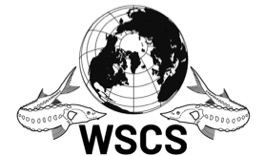A broad coalition of civil society organisations active in the climate and biodiversity fields, united to request from the European Union to revise its Renewable Energy Directive with the aim of truly catalysing renewable energy development in Europe while at the same time supporting the works for the protection of our water resources and fragile freshwater ecosystems and not counteracting it.
With the trilogue negotiations on the new Renewable Energy Directive coming up, the coalition requested that as a minimum target, at least the new article 29b on sustainability criteria for hydropower proposed by the European Parliament (RED III) must be retained as it recognises that hydropower has direct impacts on freshwater ecosystems which must be mitigated.
At the same time the open letter requests from Member States to exclude new hydropower plants from go-to areas (RED IV), as the Council’s general approach from 21 December on REPowerEU, which only gives Member States the option to exclude new hydropower plants from go-to areas, does not go far enough. By including hydropower in the category of renewable energy source without any particular restriction, the Renewable Energy Directive (RED) has been incentivising hydropower development in Europe over the past ten years thus inevitable destroying valuable ecosystems and further threatening the biodiversity targets of the EU.
It is therefore suggested that hydropower capacity built after the adoption of the revised Renewable Energy Directive should not count towards the EU and Member States renewable energy targets, in line with the manifesto signed by 150+ NGOs in 2020. The scenarios developed by the NGOs show that it is possible to achieve climate neutrality at EU level in 2040 without further hydropower expansion across the EU.
With 60% of water bodies in the EU not in good ecological status and hydromorphological alterations being the main cause, hydropower plants must never be exempted from environmental assessments, or automatically declared of overriding public interest.





